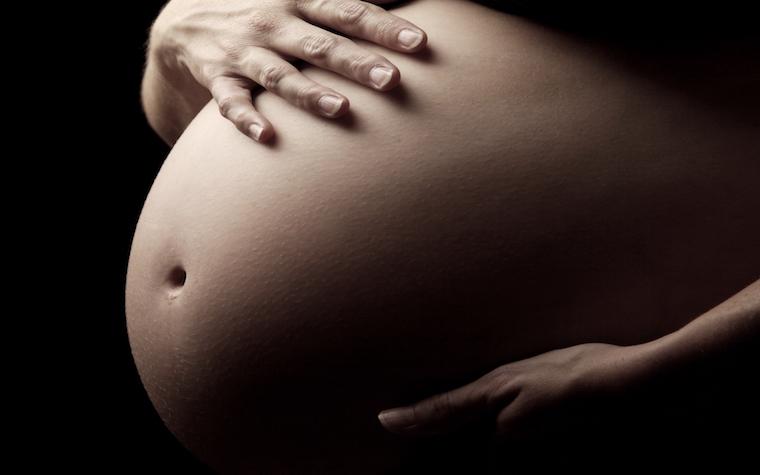
A recent Vital Signs report released by the U.S. Centers for Disease Control and Prevention (CDC) concerning alcohol use by pregnant women has caused some controversy.
The recommendations in the report include health care providers talking to their female patients who use alcohol and are sexually active about birth control. The report's authors believe that such communication might decrease the number of babies born in the U.S. with fetal alcohol spectrum disorders (FASDs).
The report went a step further, urging sexually active women who don't use birth control to avoid drinking alcohol altogether.
"The message is not, 'If you're fertile and having sex, you can't drink,'" Jennifer Frost, medical director for the American Academy of Family Physicians' (AAFP) Health of the Public and Science Division, said. "That's not what (the CDC) intended. The decision is always (the patient's), but we must provide them with information, so that they understand the potential health consequences of their behaviors."
According to CDC statistics, 3.3 million sexually active women in the U.S., between the ages of 15 and 44, drink alcohol and don't use any contraception.
"Alcohol use during pregnancy can cause fetal alcohol spectrum disorders," Frost said. "There is no 'safe amount,' which is not the same thing as saying that any amount will cause the disorder. We just don't know the safe threshold -- if there is one."
The CDC encourages doctors to recommend patients that are trying to get pregnant to stop using alcohol, because women typically discover they are pregnant four to six weeks after conception.
Frost also said that when patients tell their doctors they are drinking alcohol or using recreational drugs, doctors should screen them and discuss how much of the substances they are using.
"For women, we also have to consider their reproductive plan," he said. "If they are sexually active and not using contraception, we must inform them of the potential risk of alcohol exposure if they were to become pregnant, as well as discuss contraception if pregnancy is not desired."